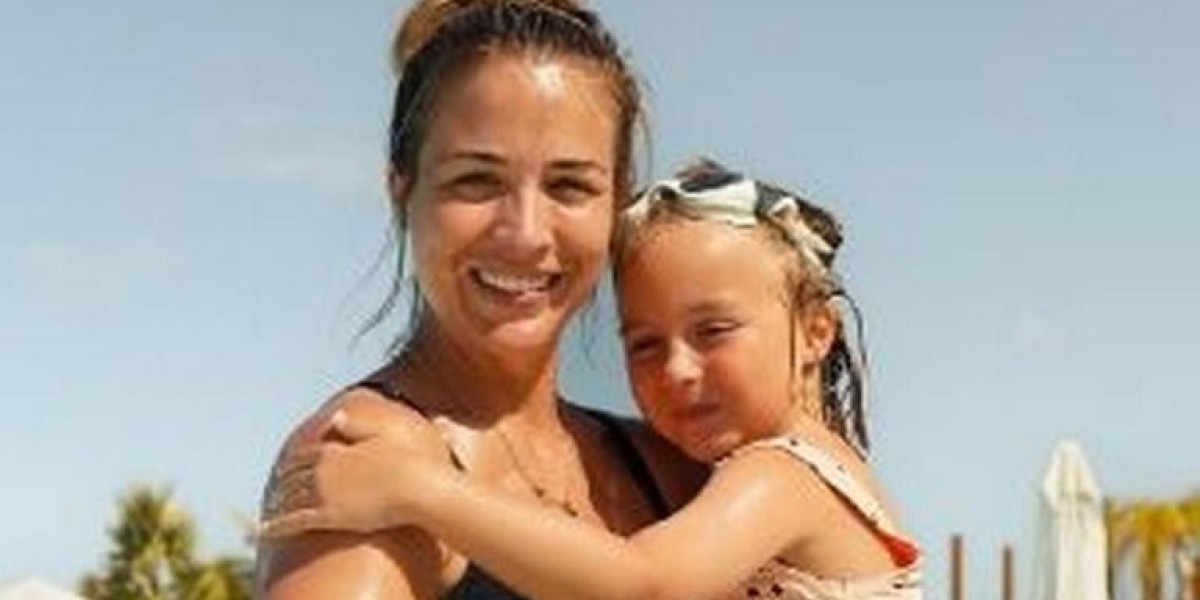Getting ready

How much will they eat?
How much your baby eats depends on their appetite, so let your baby guide you on how much food they need – never force them to eat. In the same way you follow your baby’s cues when offering them breast or bottle feeds, be responsive to your baby when giving them solid foods, and learn to recognise when they're hungry and when they've had enough.
Is there a good time of day?
The best time of day is the one that suits you both, when you don’t feel rushed and your baby is not too tired. Don’t forget eating is a whole new skill - your baby may take to it like a duck to water, or it might take them a while! Allow plenty of time, go at your baby’s pace and stop when they show signs that they’ve had enough.
Fussy eater?
It may take 10 tries or more for your baby to get used to new foods, flavours and textures. There will be days when they eat more, some when they eat less, and then days when they reject everything. Don’t worry – this is perfectly normal. Be patient and keep offering a variety of foods, even the ones they don’t seem to like, and let them get used to it in their own time.

What you need – here are some suggestions to get you started
High chair – your baby needs to be sitting safely and strapped in, in an upright position (so they can swallow properly)
First cup – encourage your baby to sip water from a cup with their meals (instead of a bottle). Open cups or free-flow cups (without a valve) help your baby learn to sip and is better for their teeth
Spoons – soft weaning spoons, usually made of rubber or plastic, are easier on your baby’s gums
Plastic bowls – ideally the ones with a suction base, otherwise they’re likely to end up on the floor!
Ice cube trays – very useful for batch cooking and freezing small portions
Bibs – easy to clean plastic or pelican bibs are best in the beginning
Messy mat – or even newspaper under the high chair, handy for messy eaters!
Vegetarian or vegan diets
Advice on introducing solid foods from around 6 months is the same for vegetarian and vegan babies, as it is for non-vegetarian babies.
Babies and young children on a vegetarian or vegan diet can get the energy and most of the nutrients they need to grow and develop from a well-planned, varied and balanced diet. It's important to remember that cows' milk and dairy foods are good sources of nutrients, so don't cut them out of your child's diet without first speaking to a GP or dietitian – they can advise you on suitable milk alternatives.
Your baby might also need specific supplements in addition to the usual vitamin supplements recommended for all babies. Babies who have a vegan diet or a vegetarian diet that doesn't include dairy or eggs, need a supplement containing vitamin B12, or foods with fortified B12. Ask a health professional for advice.
Infant formula (based on either cows' milk or goats' milk) is the only suitable alternative to breast milk for babies under 12 months old. Soya-based formula should only be used on medical advice.
From the age of 1, you can give your baby unsweetened, calcium-fortified, plant-based drinks (such as soya, oat and almond drinks) as part of a healthy balanced diet. Introduce plant-based drinks one at a time, in very small amounts so you can spot any allergic reaction.
Have a look at the NHS website to see which foods and vitamins should be included in your baby’s diet.














